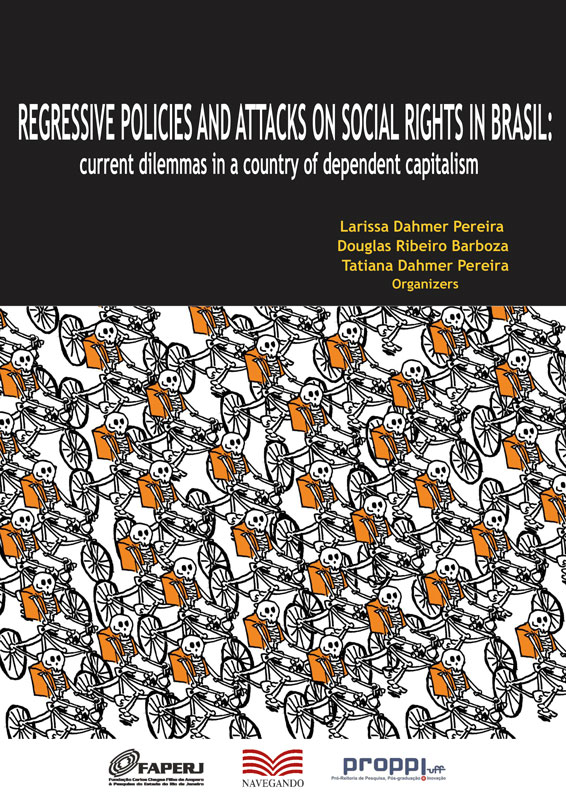The article examines the relationship between higher education and the increasing social inequality in Brazil, particularly in the context of post-2016 neoliberal policies. Sguissardi argues that the commodification of higher education, the deterioration of public universities, and labor and pension reforms have deepened social exclusion. The text highlights the reduction of investments in the public sector and the uncontrolled expansion of private, often for-profit, education, exacerbating inequality in access and quality. The analysis emphasizes how these policies reinforce social stratification and hinder the democratization of higher education in the country.
O artigo analisa a relação entre a educação superior e o aumento da desigualdade social no Brasil, especialmente no contexto das políticas neoliberais pós-2016. Sguissardi argumenta que a mercantilização do ensino superior, a precarização das universidades públicas e as reformas trabalhistas e previdenciárias aprofundaram a exclusão social. O texto destaca a redução de investimentos no setor público e o crescimento descontrolado do ensino privado, muitas vezes com fins lucrativos, agravando a desigualdade no acesso e na qualidade da educação. A análise enfatiza como essas políticas reforçam a estratificação social e limitam a democratização do ensino superior no país.
